

The International Trade Union Confederation – Asia Pacific (ITUC-Asia Pacific), together with the International Trade Union Confederation (ITUC), International Transport Workers Federation, UNI Global Union, Public Services International, International Union of Food, Agricultural, Hotel, Restaurant, Catering, Tourism, Tobacco and Allied Workers’ Associations, Building and Wood Workers International, Education International, IndustriALL Global Union, and ITUC/Global Unions Washington Office, issued a position paper on the review and update of the 2009 Safeguard Policy Statement of the Asian Development Bank (ADB) to promote and respect international labour standards in ADB.
The paper outlines how and why ADB can create a binding safeguard that directly translates the international labour standards of the ILO to the context of lending. It presents comprehensive and analytical information, including cases of violations and unacceptable working conditions in ADB projects and safeguards policies of other international financial institutions, among others. Moreover, it recommends measures that ADB can adopt and implement to promote, respect, and realise the international labour standards in all ADB operations.
The paper points out that, despite its early commitment to upholding the core labour standards in 2001, establishing a binding labour safeguard is overdue at ADB. Then, it provides proposals for ADB to maximise the opportunity of the safeguards review by doing the following:
“It is ITUC-Asia Pacific’s long-standing demand to ADB to establish a binding labour safeguard that incorporates the ILO Decent Work Agenda, especially the core labour standards, with effective enforcement mechanism. I believe that this paper can provide an important guidance for ADB’s safeguards review to effectively update its safeguard policy, including the introduction of a binding labour safeguard, to fulfil its commitment to the core labour standards and to realise ADB’s Strategy 2030 towards a prosperous, inclusive, resilient and sustainable Asia and the Pacific with a just and equitable recovery from the pandemic,” Shoya Yoshida, General Secretary of the ITUC-Asia Pacific, said.
The position paper is available for download here.


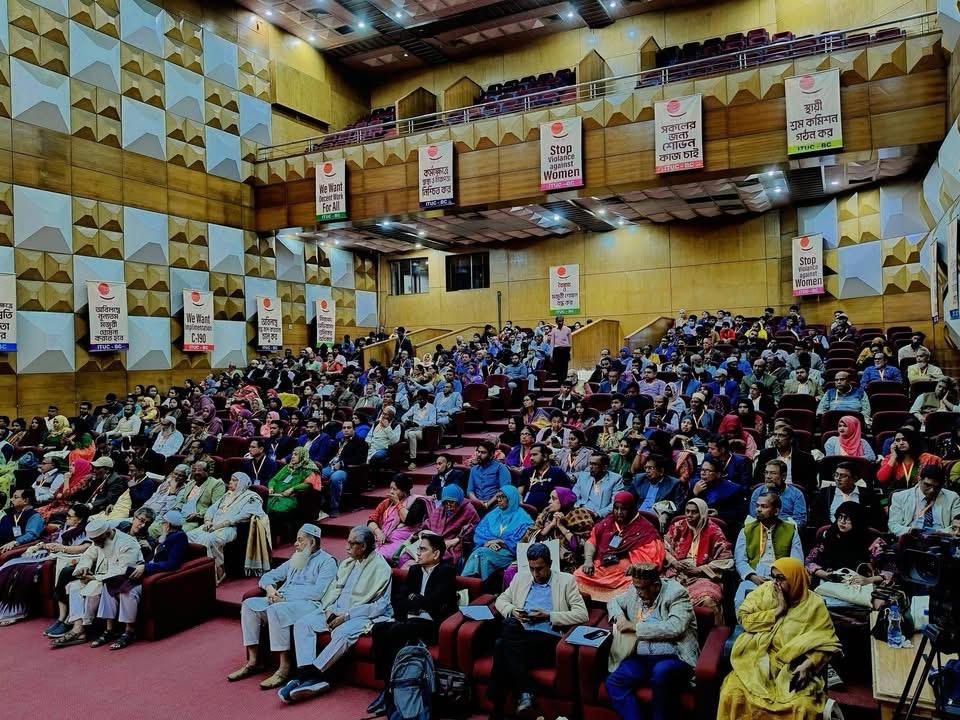











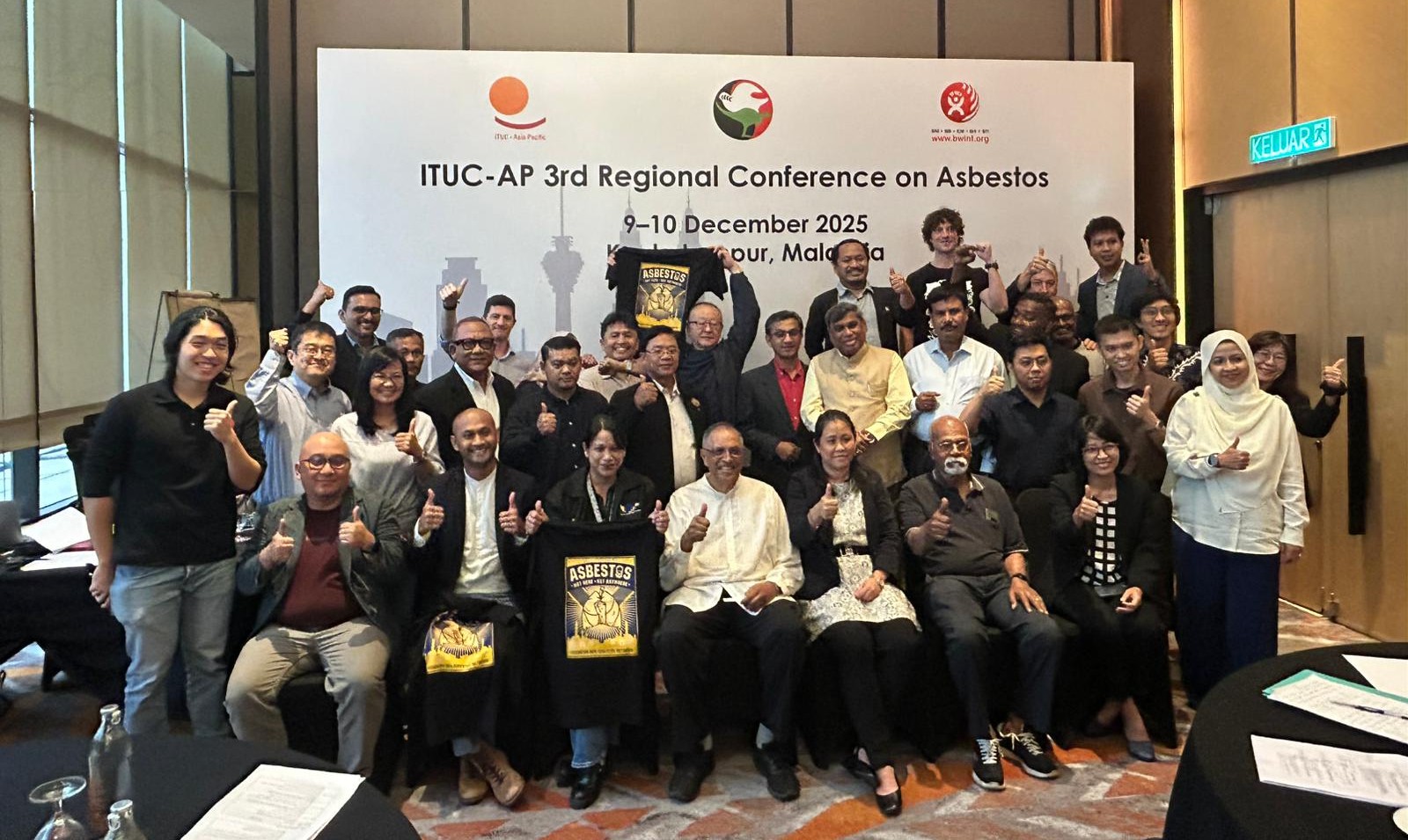











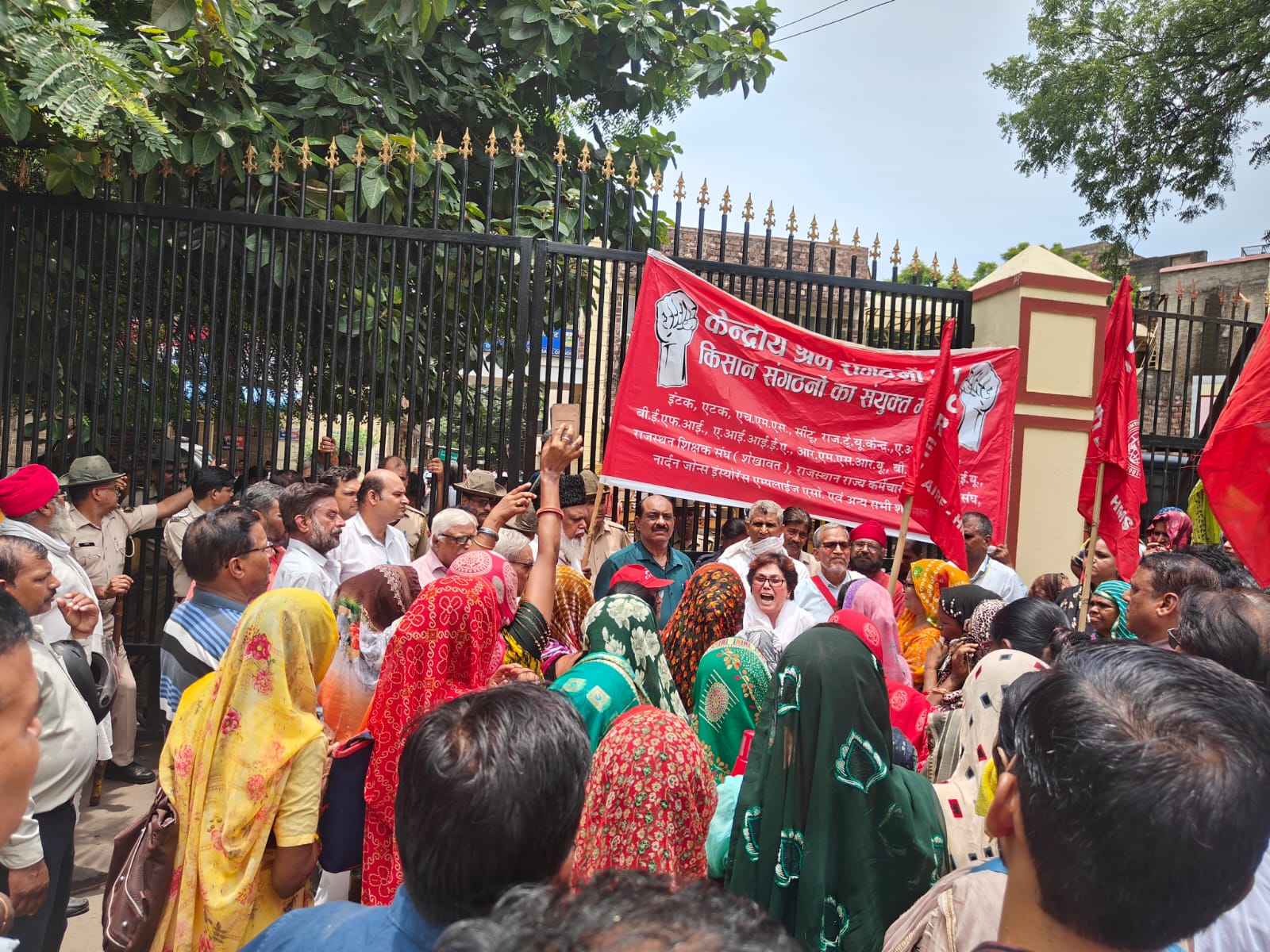











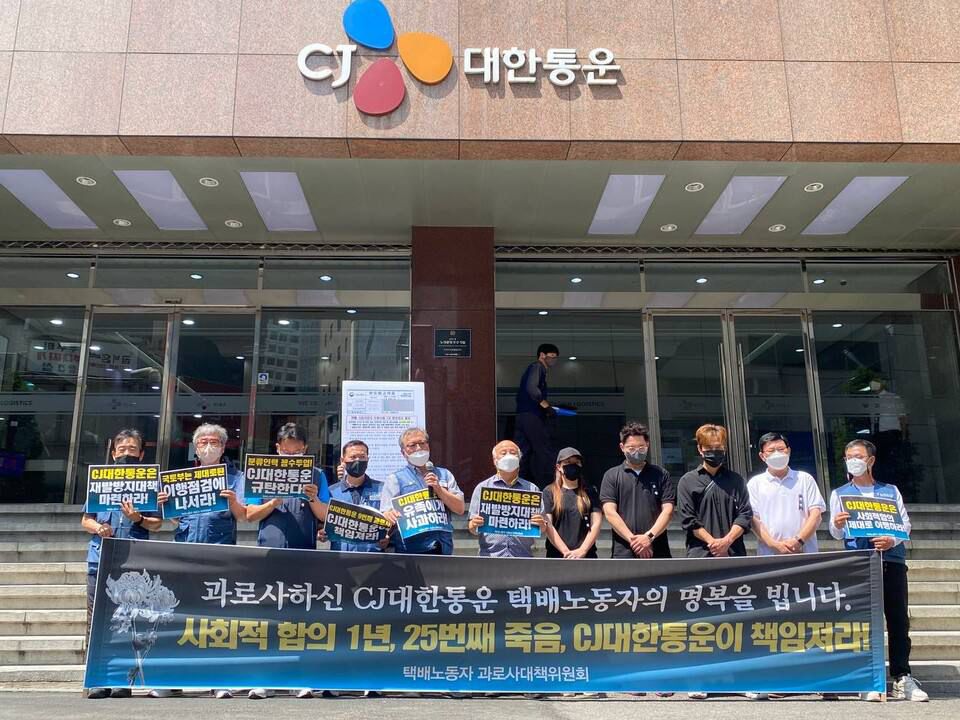

















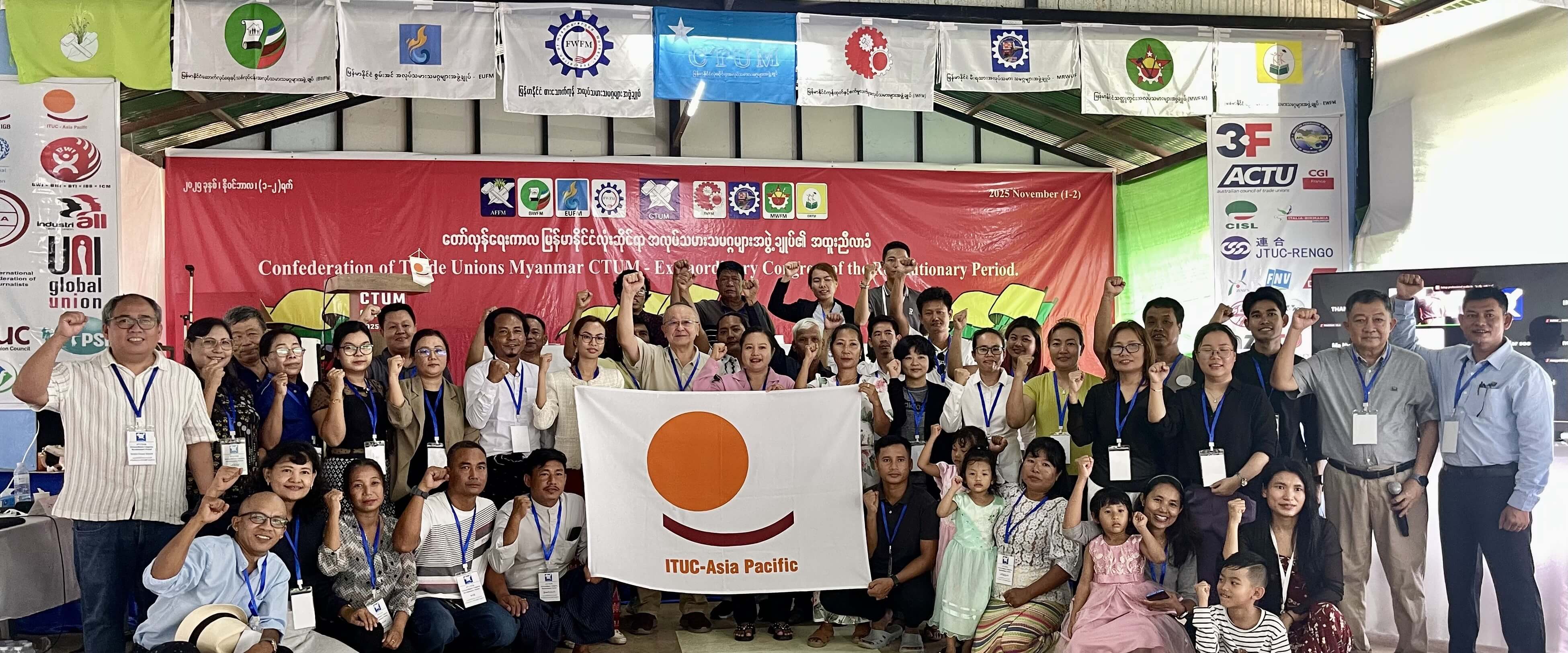





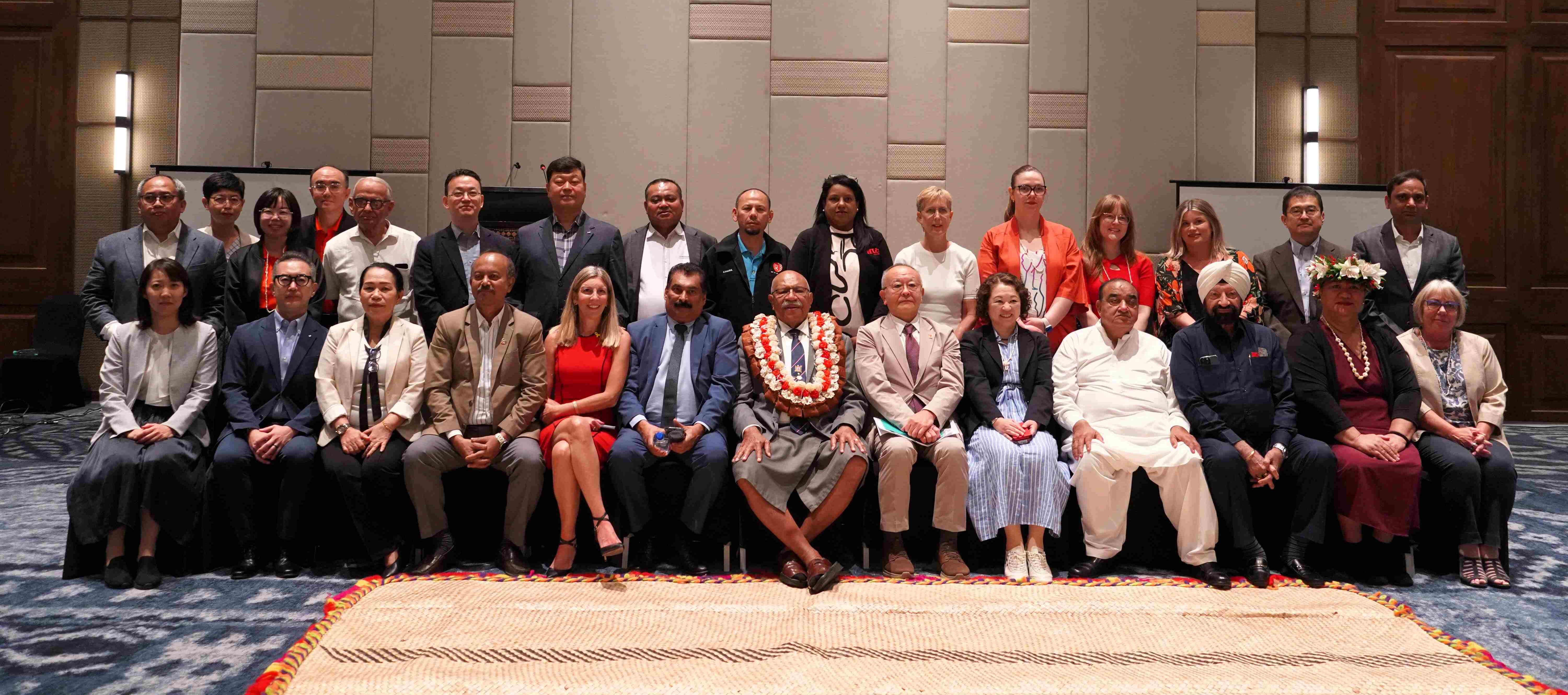





.jpg)


.jpg)




















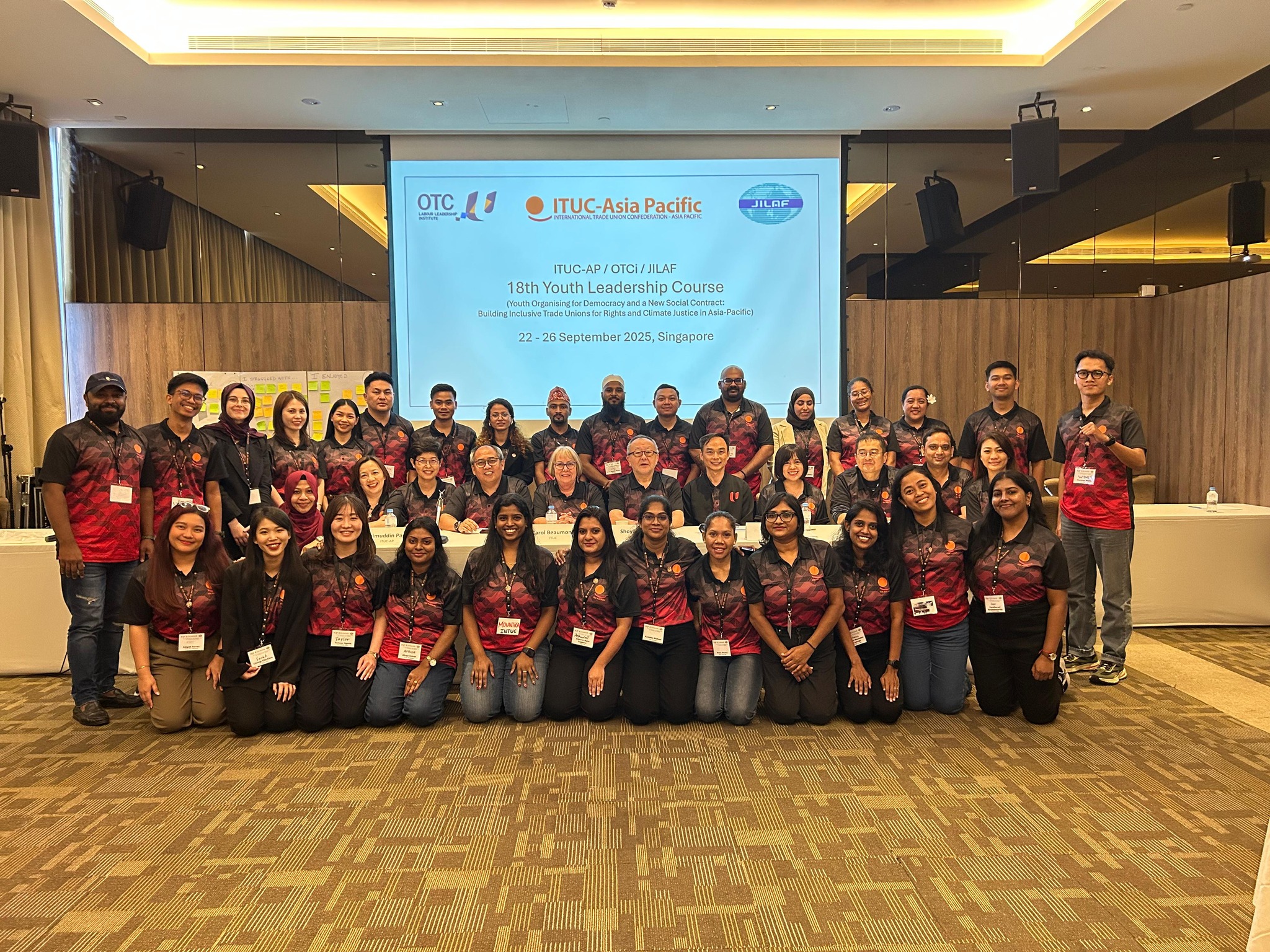





.png)


.png)








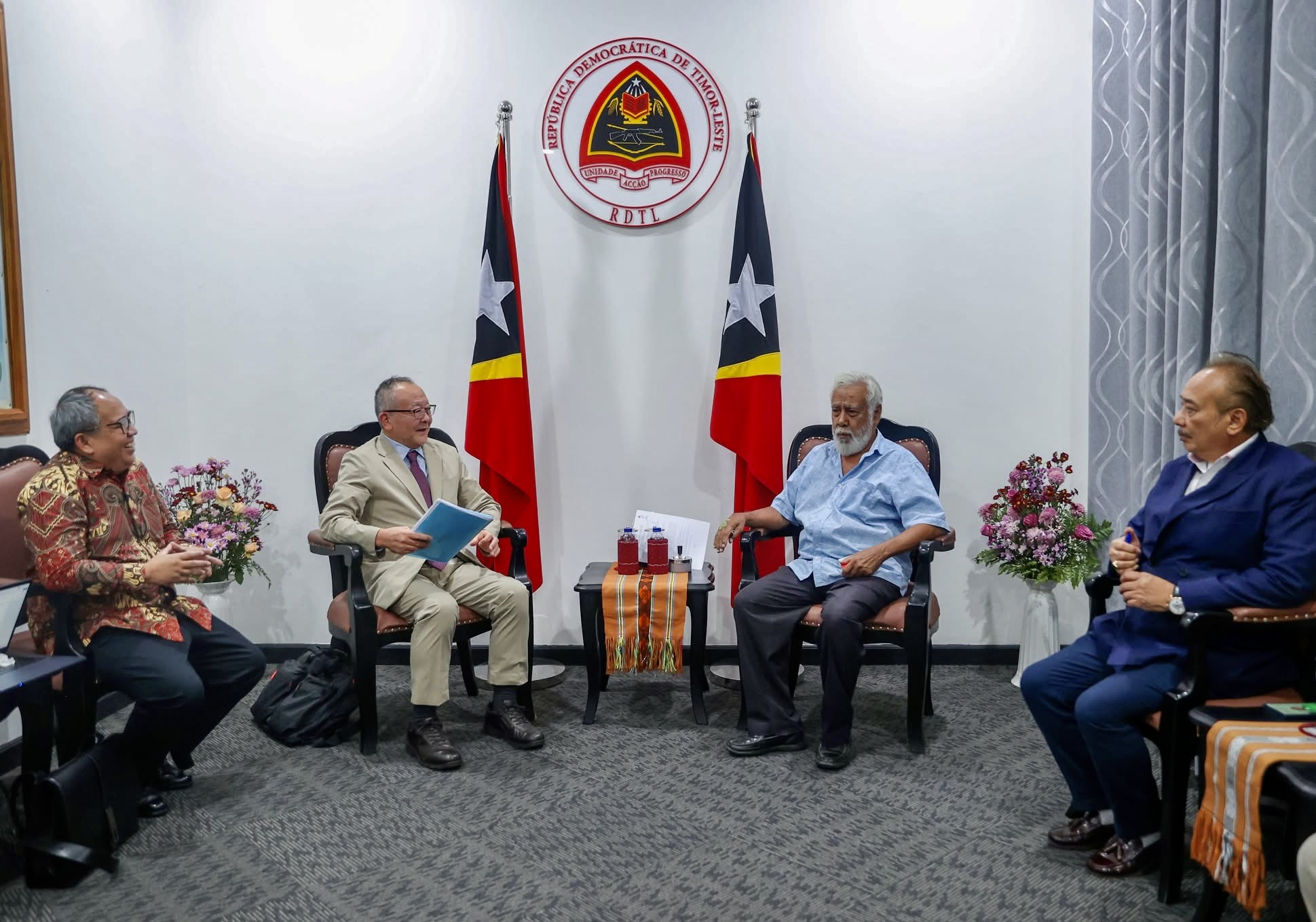





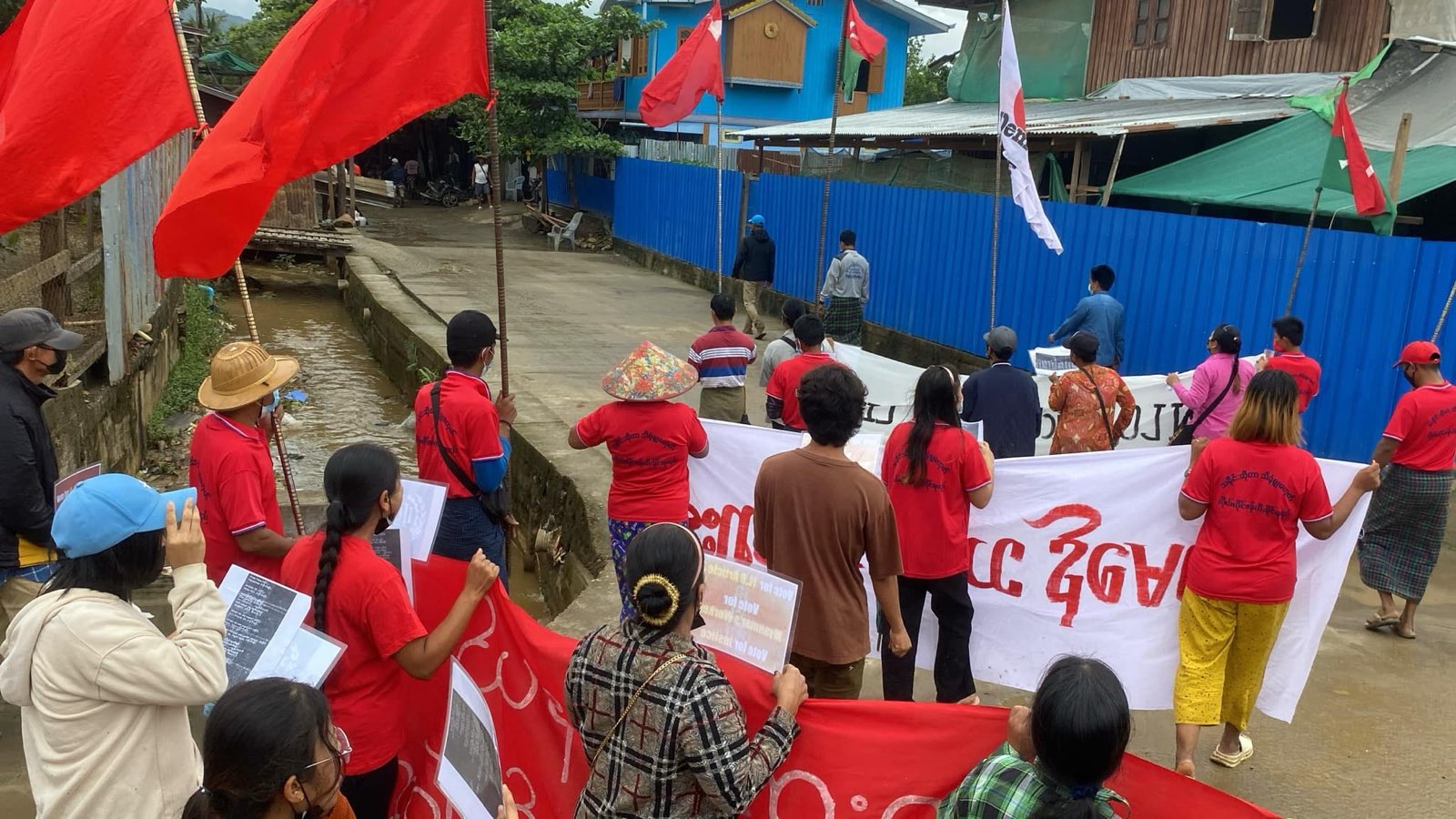

















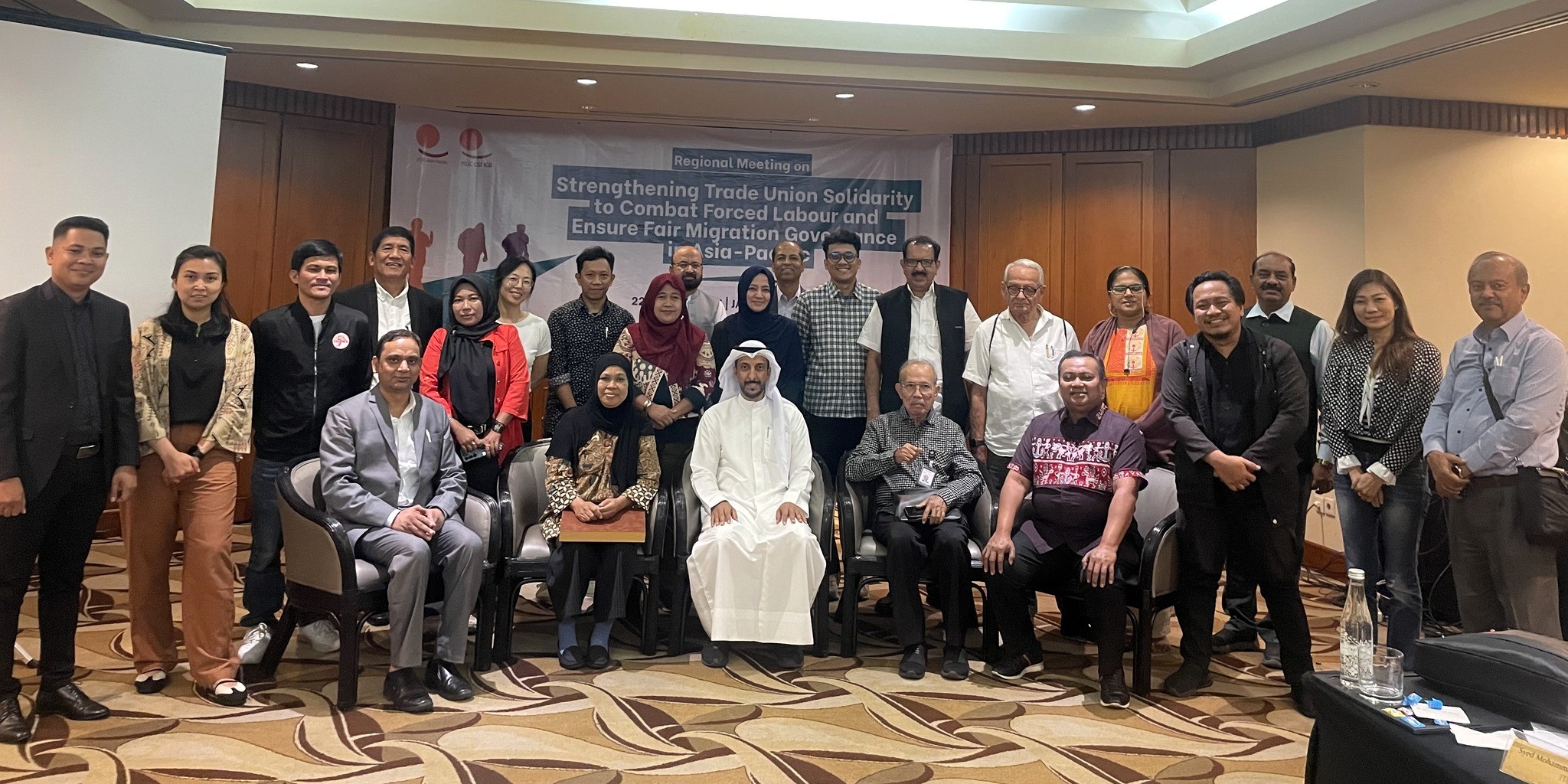























.png)


.png)














.png)


.png)
















































































































%20(1).png)


%20(1).png)
























.jpg)


.jpg)














































































.png)


.png)
























.png)


.png)














































































































.jpg)


.jpg)


























.png)


.png)

